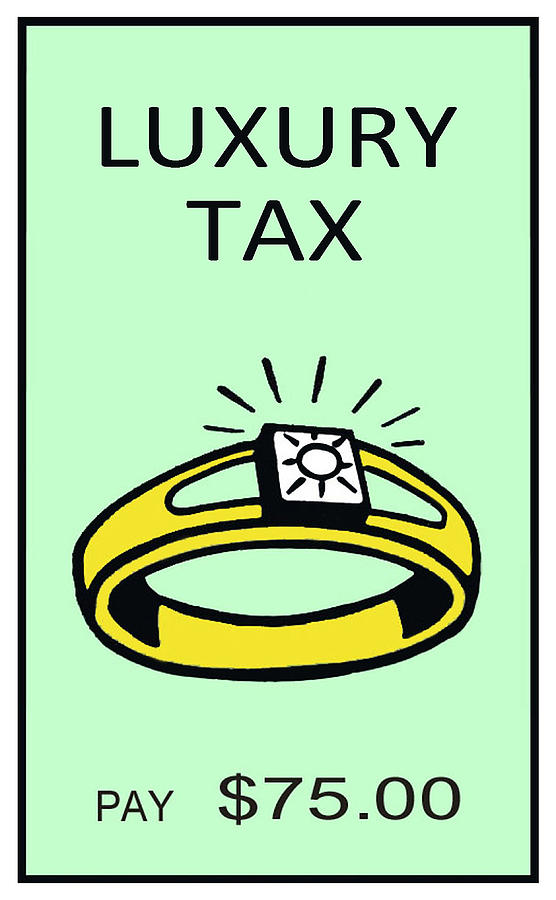Are you dreaming about owning a slice of paradise in Costa Rica? Buying land in this stunning Central American haven is not just a fantasy but a tangible reality for many Americans. Costa Rica offers a seamless process for foreigners looking to invest in property, thanks to its foreigner-friendly property laws. This guide delves into the essential steps, legalities, and tips to ensure your property investment in Costa Rica is successful and fulfilling.
Foreigner-Friendly Property Laws
Costa Rica stands out for its inclusive approach to property ownership. Unlike some countries, foreigners in Costa Rica have the same rights as locals when it comes to purchasing land. You can own property directly in your name or through a corporation without the need for a local partner—except for beachfront concession properties, which have their own set of rules. While direct ownership is straightforward, many investors form a Costa Rican corporation for benefits related to taxation, estate planning, and liability protection. Consulting with a reputable lawyer can guide you through the advantages of each option.
The Importance of a Real Estate Attorney
A key step in purchasing property in Costa Rica is hiring a knowledgeable real estate attorney, preferably bilingual and also a Costa Rican public notary. This is crucial for effectively navigating the property purchase process, especially for those not fluent in Spanish. A public notary is essential, as they are the only professionals authorized to register a property purchase in the National Registry, a critical step in the buying process.

The Property Buying Process in Costa Rica
Buying property in Costa Rica is remarkably similar to the process in the US and Canada, but with some local nuances. After choosing a property, your agent will submit an offer to the seller. Once accepted, a purchase-sale agreement is drafted by your attorney. This agreement is legally binding once signed, and a deposit (usually 10% of the sale price) is made to secure the deal. The closing process, typically 30-60 days later, involves finalizing financial transactions and ensuring a smooth transition of ownership.
Closing Costs and Agent Commissions
In Costa Rica, closing costs, which include legal and registration fees, are generally the buyer’s responsibility, amounting to approximately 3.6% of the property’s sale price. These costs are negotiable and vary based on the property’s value. While sellers typically pay the listing agent’s commission, if you employ a buyer’s agent, they may share the commission with the listing agent.
Registering Your Property
Finalizing your property purchase involves registering it in your name or under a corporate entity. Many choose to use a Sociedad Anónima (SA) or Sociedad Limitada (SRL) for this purpose, similar to an LLC in North America. This decision can streamline the acquisition process and provide additional legal and tax benefits.

Understanding Real Estate Taxes
Costa Rica’s property tax rates are relatively low on a global scale, at just 0.25% of the property’s declared value per year. For luxury homes valued over $276,000, there’s an additional luxury tax with rates up to 0.55%, depending on the property’s value.

Beachfront Property Considerations
Be aware that land within 50 meters of the high tide line is public and non-titlable. The next 150 meters are designated as Maritime Zone or Concession Land, with ownership restrictions for non-citizens. However, certain areas like Jaco Beach allow for titled land up to the beach, offering unique opportunities for beachfront ownership.

Why Choose Bernard Realty?
Our team at Bernard Realty is dedicated to making your property purchase in Costa Rica as smooth and enjoyable as possible. With our expertise and commitment, we’re here to guide you through every step of this exciting journey. Whether you’re looking for a beachfront gem or a serene retreat in the mountains, we’re here to help make your dream a reality.



